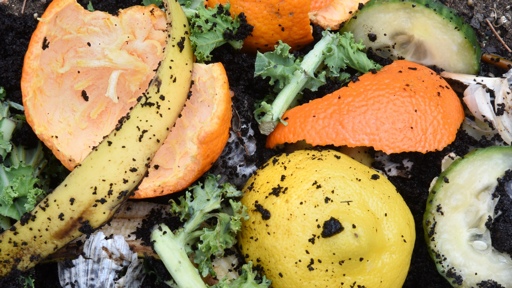

Read the article; it’s not abandonment, it’s intentional cultivation. The former is more beneficial to wildlife than maintaining a pristine yard, but in most cases it’ll just end up with your yard being taken over by invasives. The latter is managing your yard in a way that encourages native, pollinator-friendly (and beautiful!) plants.





Ticks move into lawns as well, and while I haven’t found studies comparing the density of ticks in shorter grass vs. flower beds, I would assume it’s a wash; even if there are less ticks in turfgrass, you’re walking/lying on that grass, allowing more opportunities for them to latch onto you. Whereas you’re not walking through flower beds, so even if there’s a greater tick population, you’re not coming into contact with them as much.